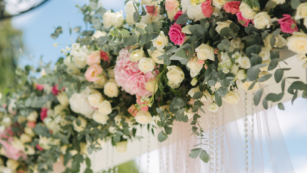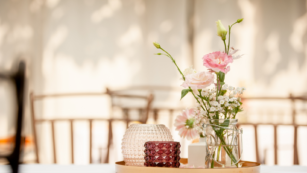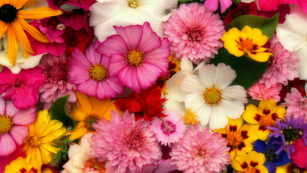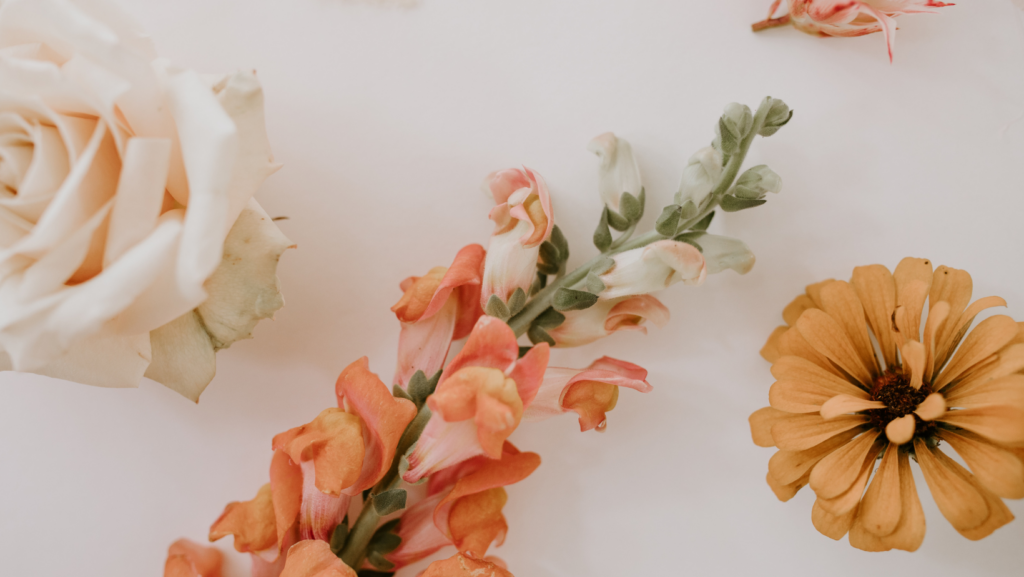Floral design isn’t just about arranging flowers; it’s a form of art that requires creativity, precision, and a deep understanding of the natural elements. For those seeking to master this craft, floral designing classes offer the perfect opportunity. They’re not only a gateway to a world of color and fragrance but also a path to a fulfilling career or a rewarding hobby.
Whether you’re an aspiring florist or a hobbyist wanting to add a professional touch to your arrangements, these classes can equip you with the skills and knowledge you need. From understanding the basics of color theory to learning the intricate techniques of ikebana, the Japanese art of flower arrangement, floral design classes cover a wide range of topics.
So, let’s delve into the world of floral designing classes and discover how they can help you bloom in this creative field.
Floral Designing Classes
 Floral designing classes offer a cornucopia of skills to enhance one’s artistic endeavors, an understanding of these classes grants clarity in what one can achieve. Floral designing classes unravel a plethora of techniques, starting with the basics, such as selecting blooms and foliage for a desired color palette. Advanced sessions cover specific techniques like creating spray, vegetative, and haute couture arrangements. Other areas include wreath designing, event decor creation, and mastering the art of ikebana – the traditional Japanese flower arrangement characterized by its asymmetry and simplicity. Critiques on design principles, color theory, and flower anatomy encompass the theoretical aspects of these educational courses.
Floral designing classes offer a cornucopia of skills to enhance one’s artistic endeavors, an understanding of these classes grants clarity in what one can achieve. Floral designing classes unravel a plethora of techniques, starting with the basics, such as selecting blooms and foliage for a desired color palette. Advanced sessions cover specific techniques like creating spray, vegetative, and haute couture arrangements. Other areas include wreath designing, event decor creation, and mastering the art of ikebana – the traditional Japanese flower arrangement characterized by its asymmetry and simplicity. Critiques on design principles, color theory, and flower anatomy encompass the theoretical aspects of these educational courses.
Floral designing classes beckon a broad group of individuals. Creative enthusiasts looking to hone their skills might find these classes worthwhile. Event decorators seeking novel ideas and techniques can also benefit. Career switchers to the floristry industry gain a comprehensive understanding, fortifying their move. Furthermore, horticultural therapists, who implement plant-based activities for therapeutic outcomes, find these classes beneficial.
Types of Floral Designing Classes
 Floral designing classes come in varied formats, each offering unique benefits and features. The two prominent avenues are online classes and in-person workshops. Online classes offer unmatched flexibility, allowing budding floral designers to learn at their own pace, in the comfort of their homes. Many renowned institutions teach this art digitally, offering comprehensive tutorials covering basic to advanced techniques. Online platforms often include interactive sessions, student forums, and video demonstrations, enhancing the learning experience. It’s crucial to note that online classes also frequently extend lifetime access to course materials, providing a continuous source of reference for the students. Unlike online classes, in-person workshops allow hands-on experience, offering direct interaction with experienced floral designers.
Floral designing classes come in varied formats, each offering unique benefits and features. The two prominent avenues are online classes and in-person workshops. Online classes offer unmatched flexibility, allowing budding floral designers to learn at their own pace, in the comfort of their homes. Many renowned institutions teach this art digitally, offering comprehensive tutorials covering basic to advanced techniques. Online platforms often include interactive sessions, student forums, and video demonstrations, enhancing the learning experience. It’s crucial to note that online classes also frequently extend lifetime access to course materials, providing a continuous source of reference for the students. Unlike online classes, in-person workshops allow hands-on experience, offering direct interaction with experienced floral designers.
Key Skills Acquired in Floral Designing Classes
 Floral designing classes provide a mixture of artistic inspiration and technical acumen. They equip students with a unique blend of creativity, precision, and knowledge about nature’s offerings. Floral designing classes inspire an exploration of personal creativity and vision. Students learn to see the beauty in blooms and leaves and how to translate that appreciation into unique flower arrangements. They discover the role of color, texture, and shape, marrying aesthetics and artistic principles to create visual harmony. In essence, creative expression in floral design isn’t just about combining flowers randomly, but about knowingly creating an aesthetically pleasing arrangement that communicates an intended message or mood.
Floral designing classes provide a mixture of artistic inspiration and technical acumen. They equip students with a unique blend of creativity, precision, and knowledge about nature’s offerings. Floral designing classes inspire an exploration of personal creativity and vision. Students learn to see the beauty in blooms and leaves and how to translate that appreciation into unique flower arrangements. They discover the role of color, texture, and shape, marrying aesthetics and artistic principles to create visual harmony. In essence, creative expression in floral design isn’t just about combining flowers randomly, but about knowingly creating an aesthetically pleasing arrangement that communicates an intended message or mood.
Beyond creativity, floral design also requires a set of technical skills. Floral designing classes equip students with the intricate techniques necessary to handle different types of flowers and floral materials. For instance, they learn about the different ways to cut stems, properly hydrate flowers, and prolong the life of an arrangement. These workshops provide immediate feedback, which helps in honing the skills more efficiently. Participants have the opportunity to learn the nuances of design principles, color combinations, and assembly techniques in a practical setting. In-person workshops are often organized by local craft stores, botanical centers or vocational schools. While these workshops aren’t as flexible as online classes, they excel in providing a more engaging and immersive learning environment.

